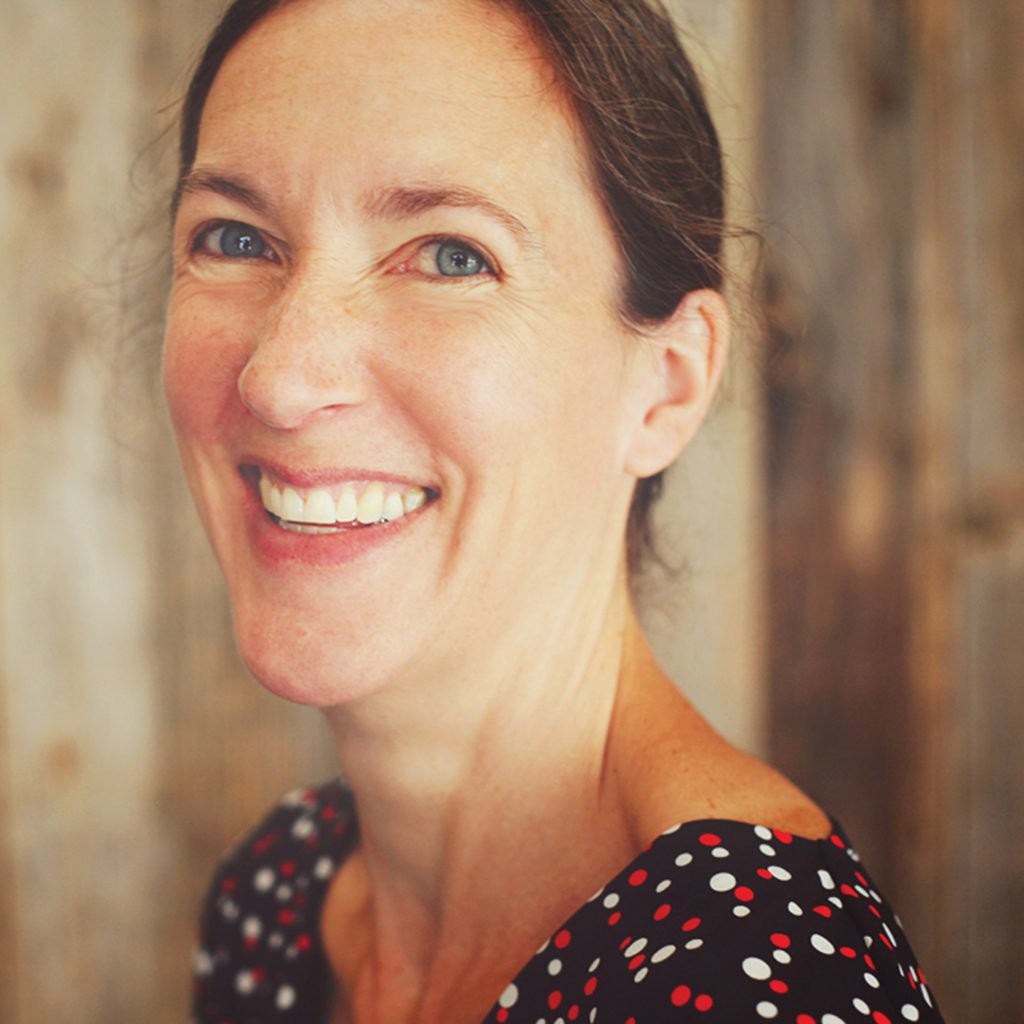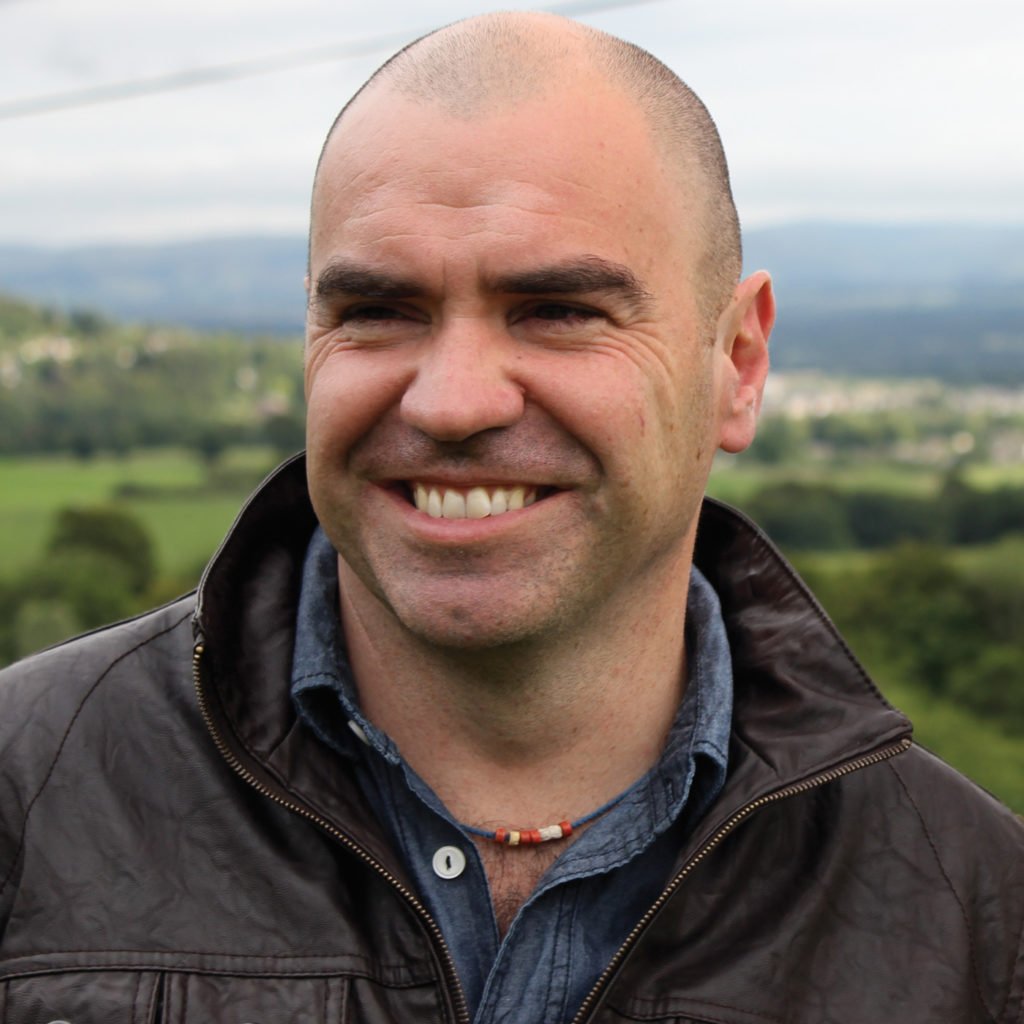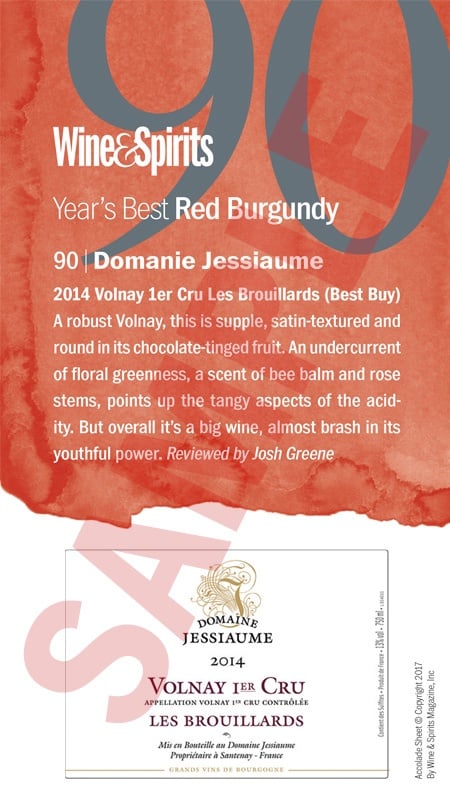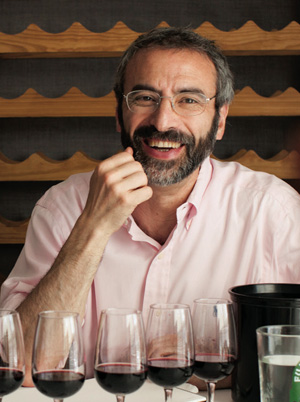

Recently, I shared a drink with one of the most radical people I’ve known in wine. He used to have a small import company that specialized in fiercely independent producers who made wines that would send a frisson of recognition up your spine: All of his wines were about terroir expression. Now he’s working with a company that develops computer algorithms to determine what their wine buyers like, and to customize blends for those tastes. As much as he believed this new company was providing a valuable service, he couldn’t help feeling a bit sheepish about abandoning his wine tribe.
For many of us in the wine industry, it’s increasingly difficult to separate what we like to drink from our politics—our wine politics, that is.
My political stance: A wine should taste like the place where it grows, and a good wine should be from a place that grows wine that tastes delicious. There are many people on the opposite side of this political aisle, who build the platform of their careers on the belief that terroir expression does not exist, or simply doesn’t matter. To them, the focus should be on quality, based on some shared subjective measure of what tastes good—a generalized, and often highly successful taste profile for each variety.
All this to say that we know that we are biased. Some of those biases define why you might choose to read this magazine rather than another. But other biases might get in the way of our sharing great wines with you. We don’t want that to be the case. Our tastings often reveal those biases—and sometimes shatter them. I remember how our executive editor, Tara Q. Thomas, was surprised when she read my notes on a range of Alsace gewurztraminer this year—she knows fl oral wines are not normally my thing. I also remember the curious feeling I had when a host of Alexander Valley cabernets arrived at our LA tasting table. They were slim, clean, fresh and elegant, capturing my attention in a way that I hadn’t expected. In both cases, those wines forced me to reassess my impressions, and led me to explore what had changed in the vineyards.
As wine drinkers, our preconceptions and biases die hard. But our ability to recognize those biases is what makes us human, what sets us apart from an algorithm. So, we’ve devoted this issue to exploring the biases our tastings have debunked, thanks to a wave of wines that impressed us beyond our expectations. It’s celebrating change, whether the change is in the wines or within ourselves—because the increasing pace of change, whether in the climate, in technology or in the culture, provides a host of new tastes for those with an open mind.
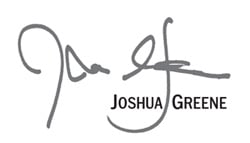

This story appears in the print issue of .
Like what you read? Subscribe today.






